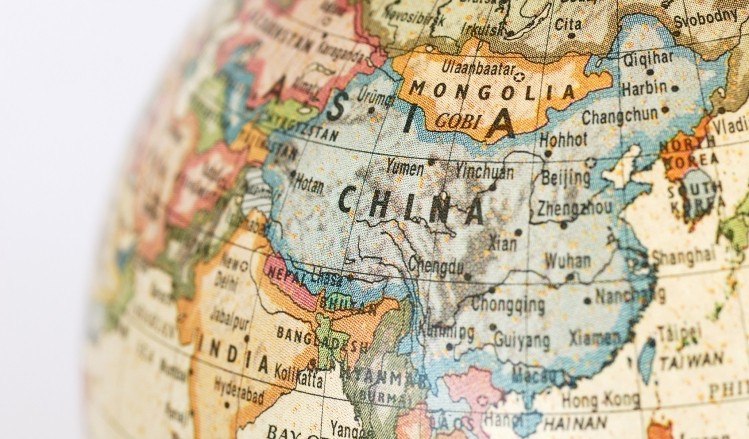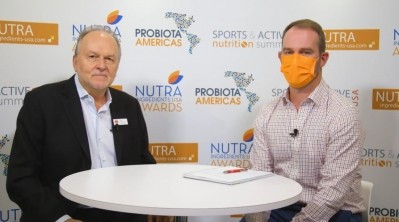UNPA offers support for China’s new customs regulations

The General Administration of Customs China (GACC) “Regulations on the Registration and Administration of Overseas Producers of Imported Food”, also known as Decree 248, can be considered as China’s FSMA (Food Safety Modernization Act), says UNPA.
The aim of Decree 248 is to improve the quality and safety of foods exported to China, and requires all overseas food manufacturers, processors, and storage facilities to be registered with the GACC to export products to China.
According to UNPA, dietary supplements and nutritional products are listed as medium-risk food categories in Decree 248 in Article 7 as either Foods for Special Dietary Purposes or Functional Foods.
UNPA-Eurofins JV
Utah-based UNPA has formed a joint venture office in Beijing with Eurofins to support companies working through the Decree 248 registration process.
“Failure to receive your registration will likely block your exports to China. We urge U.S. companies to act quickly to avoid export interruptions,” stated UNPA in a release.
The association recommends that companies first complete the FDA Industry System's Export Listing Module as it requires detailed company and product information. Once this is complete, UNPA-Eurofins can then complete the GACC registration on your behalf. UNPA noted that a CDA will be signed for confidentiality.
According to UNPA, the Process to Register includes:
1. Letter of recommendation by the competent authority of the country/region;
2. List of recommended manufacturers and the manufacturers’ application for registration;
3. Documents certifying identification of the manufacturers, such as the business license issued by the competent authority of the country/region;
4. Statement that the manufacturer recommended by the competent authority of the country/region conform with requirements of these Regulations;
5. Reports of examinations/inspections/review conducted by the competent authority of the country/region to relevant manufacturers.
6. If necessary, the GACC may request documents related to the manufacturer’s food safety, health, and protection systems, such as the plan of the enterprise's plant area, workshop, and cold storage, as well as the process flow chart.






